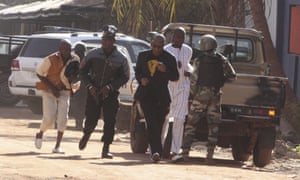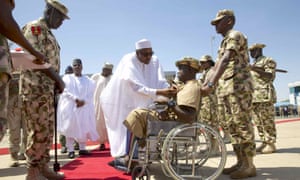The military’s moral affairs department said the carpet was more than three years old
BBC | FEBRUARY 8 2016
The use of a red carpet for the motorcade of President Abdul Fattah al-Sisi has provoked criticism in Egypt.
Cars carrying Mr Sisi and other officials drove down the red carpet on Saturday as they were visiting projects in 6 October City, a suburb of Cairo.
Several commentators questioned the apparent extravagance, just as the president was making a speech about the need to cut government subsidies.
The military said the carpet was meant to give joy to the Egyptian people.
‘Hypocrisy’
Criticism of Mr Sisi, a former military chief who led the overthrow of President…CONTINUE READING







